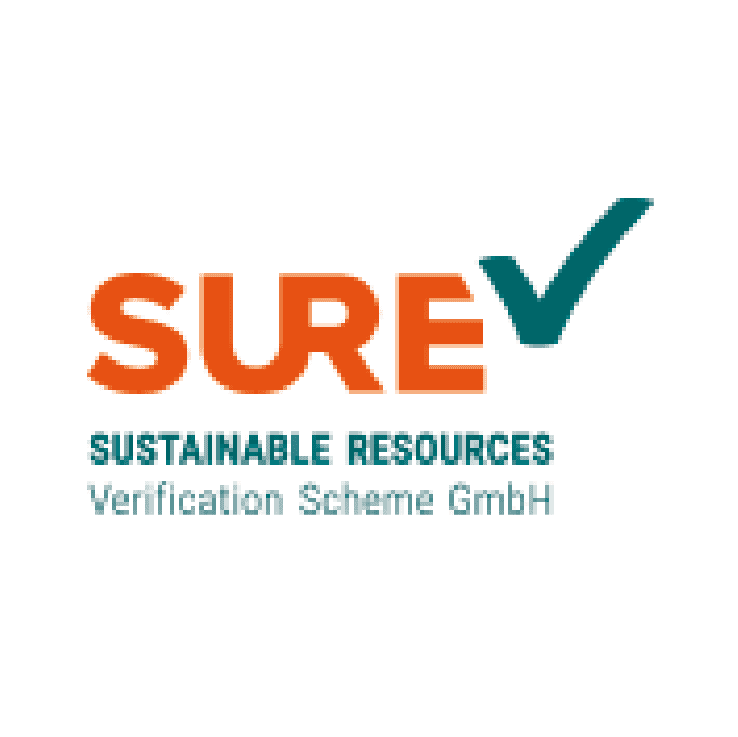Select Sidearea
Populate the sidearea with useful widgets. It’s simple to add images, categories, latest post, social media icon links, tag clouds, and more.
hello@youremail.com
+1234567890
+1234567890
Populate the sidearea with useful widgets. It’s simple to add images, categories, latest post, social media icon links, tag clouds, and more.



Bioenergy Europe has been a stable companion of bioenergy’s largest stakeholders for the last 32 years, across all value chains and technologies. Today, Bioenergy Europe is capable of offering a wide range of services and unparallelled advantages to its members.

Represents the interests of the wood pellet sector to ensure its sustainable developement.

The world-leading, transparent and independent certification scheme for wood pellets.

enSURE Compliance with RED II Sustainability Requirements for the Production of Electricity, Heating and Cooling from Biomass.
